Last month, American Vice-President Mike Pence gave a speech at the Hudson Institute which has been touted as signalling the biggest shift in US-China policy since Nixon met Mao.
Hyperbolic analysis, no doubt. The speech identified problems but did not flesh out Washington’s new approach to Sino-American relations. Nevertheless, the speech has produced a flurry of “new Cold War” pieces across the media.

Such commentary tends to forget that the Cold War was a deeply ideological struggle for hearts and minds across the world, between two competing political models. Trump obviously cares little for defending or promoting liberal democracy.
America First is exactly what Pence delivered – a little geopolitical sabre-rattling followed by attacks on China’s economic policies of “tariffs, quotas, currency manipulation, forced technology transfer [and] intellectual property theft.”
The persecution of ethnic minorities, internet freedoms and the plight of Christians in China received brief mentions. But it was trade and Chinese meddling, against Trump, in US politics which stole the limelight.
Crafty politicking in the run-up to the midterms it most certainly was. Pence “the cold warrior” it was not.
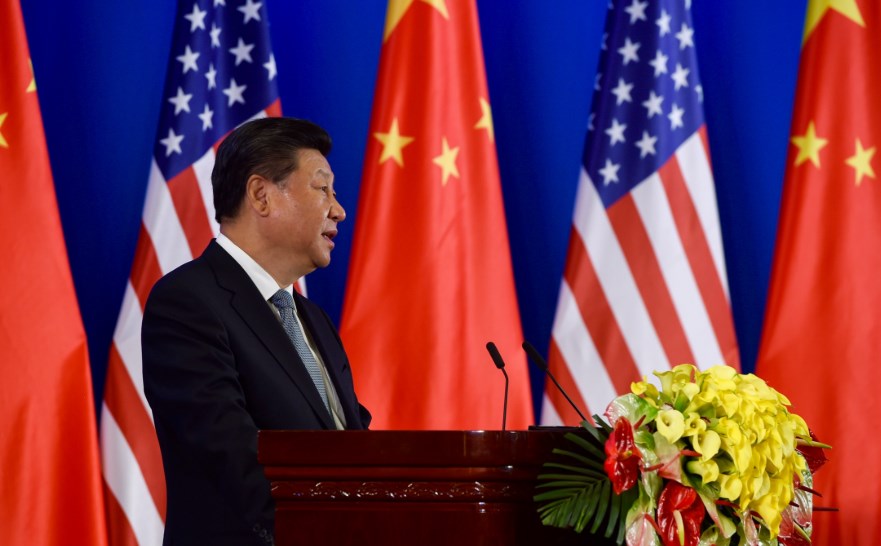
However, aside from the Cold War analogy being lazy and inaccurate, its use is also problematic for those genuinely fighting for human rights and liberal democracy. The cold warrior label has frequently been deployed as a slur against those challenging the legitimacy of the Chinese Communist Party (CCP).
Never mind what Pence said. The language used about China in western media and academia is a much broader issue which goes beyond one speech or administration.
Building a Lexicon of Dismissal, Justification and Denial
The accusation of a Cold War mentality is part of what James Mann, in his 2008 book The China Fantasy, calls the Lexicon of Dismissal. It is one of several clichés which he argues are designed to shut down critics of the Beijing government.
When in power, President Hu Jintao increasingly referred to a Cold War mentality in Washington, as did some American commentators. It suggests that America is treating China as it treated the Soviet Union, as a competitor to be contained. The implication is that cold warriors have an outdated mind-set.

The “ideological” belief in using foreign policy to promote human rights and democracy is used as an insult for similar reasons. The classic “China basher” label or the accusation of pushing an “anti-Chinese” agenda are obvious attempts to confuse dislike of a specific government with dislike of the people who live under it.
Those who throw about these terms have also forged a vocabulary to rationalise their own stance, which could be called the Lexicon of Justification.
“Engagement,” the policy of friendship towards China in the hope that the approach would open up the CCP’s Leninist political system, is a good example of clever word use.
The term has been a staple of American administrations since the end of the Cold War. George H W Bush, following the massacre at Tiananmen Square, secretly sent his National Security Advisor to Beijing for talks with Deng Xiaoping. In private, he advocated “a comprehensive policy of engagement” to avoid China’s isolation.
Chinese scholars also use obscure terminology in foreign policy discussions. The concept of tianxia, which has become popular in China’s academic community recently, demonstrates this point.

Tianxia, or All Under Heaven, describes an ancient system where China stood morally above its neighbours who were, in return for security and trade, expected to pay tribute to the Chinese Emperor.
There are advocates of replicating this system in the 21st Century. Philosopher Zhao Tingyang, of the Chinese Academy of Social Sciences, rose to prominence in 2005 after he published The Tianxia System: A Philosophy for the World Institution, which quickly became a bestseller in China.
Talk of tianxia has even extended beyond Chinese academia, appearing in western scholarship, despite there already being alternatives like “regional hegemony” or “sphere of influence” to describe such a system. To put it in plain English, a tianxia system means Chinese domination.
In Politics and the English Language, George Orwell, identifies the inflated style as “a kind of euphemism” which along with “sheer cloudy vagueness” is designed to defend the indefensible.
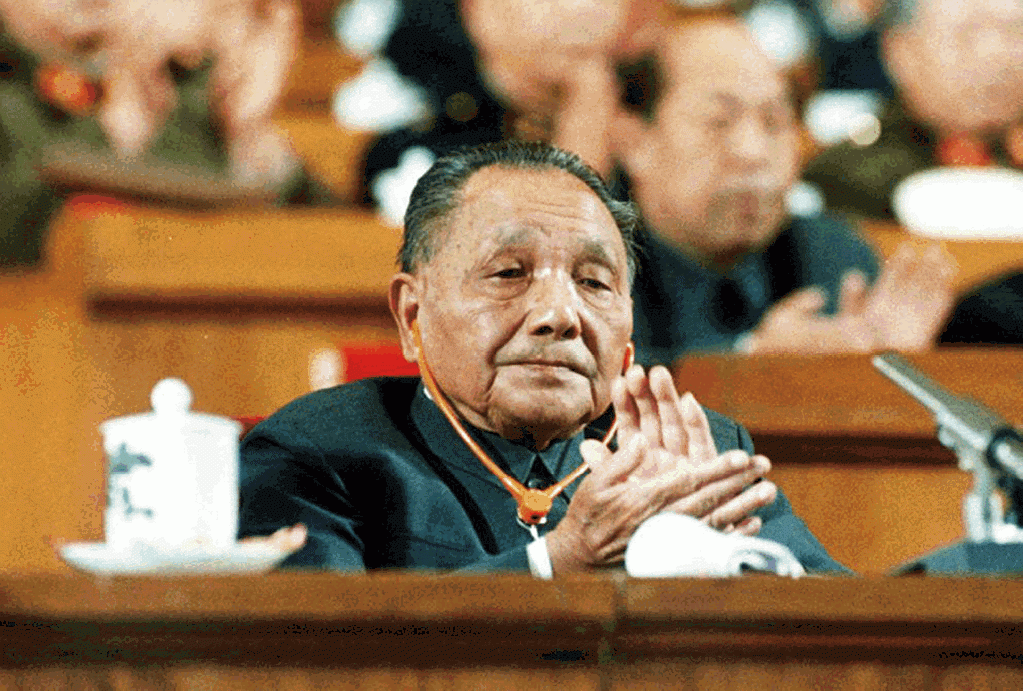
One only needs to read a piece from a CPP mouthpiece like the Global Times to see what Orwell was getting at. A recent article, designed to defend Beijing’s repressive policies in Xinjiang, speaks of “vocational training” and “psychological counselling” to describe the work done by the CCP’s network of “re-education camps.”
Likewise, the huge increase in security personnel and the creation of a surveillance state in Xinjiang is all part of what is benignly referred to as a “grid management system.” Yet another nice phrase for a nasty thing.
Talking About Kowtowing
Yet even those critical of the CCP fall into the trap of using euphemisms, like the charge of kowtowing.
“To kowtow to” is a well-worn phrase used, with increasing frequency, by commentators in liberal democracies to describe excessively subservient actions of their governments towards China.
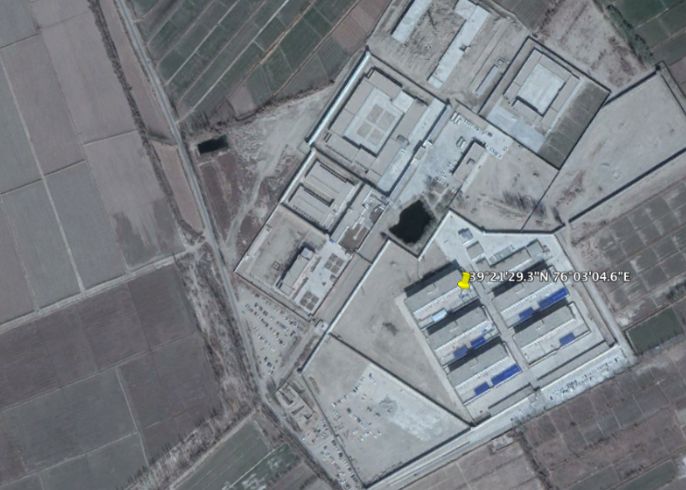
In 2015, the UK’s right-leaning Spectator Magazine used the term to blast the Conservative government’s “do whatever China wants” China policy. This came after a five-day trip to China by the then Chancellor, who spoke of a golden era in trade between the two countries.
The Cameron government was not the only guilty one. Any leader who sidelines human rights during bi-lateral exchanges with Beijing will be charged with kowtowing, an apt, almost natural, choice of word given that it is of Chinese origin.
Historically, the kowtow was an act of deep respect which visitors to the Chinese Emperor’s court would have to offer – kneeling and bowing so low that one’s forehead touched the ground.
Etymologically, it derives from the Chinese k’o (knock) and t’ou (head) so k’o-t’ou literally translates as ‘knock the head’. Yet why does an act of subservience towards the dictatorship in Beijing receive its own word? This is not the case for any other human rights abusing regime.
“Kowtowing” invokes ancient rituals and traditions. It treats the CCP as if it was a continuation of the Chinese Empire rather than a one-party dictatorship.
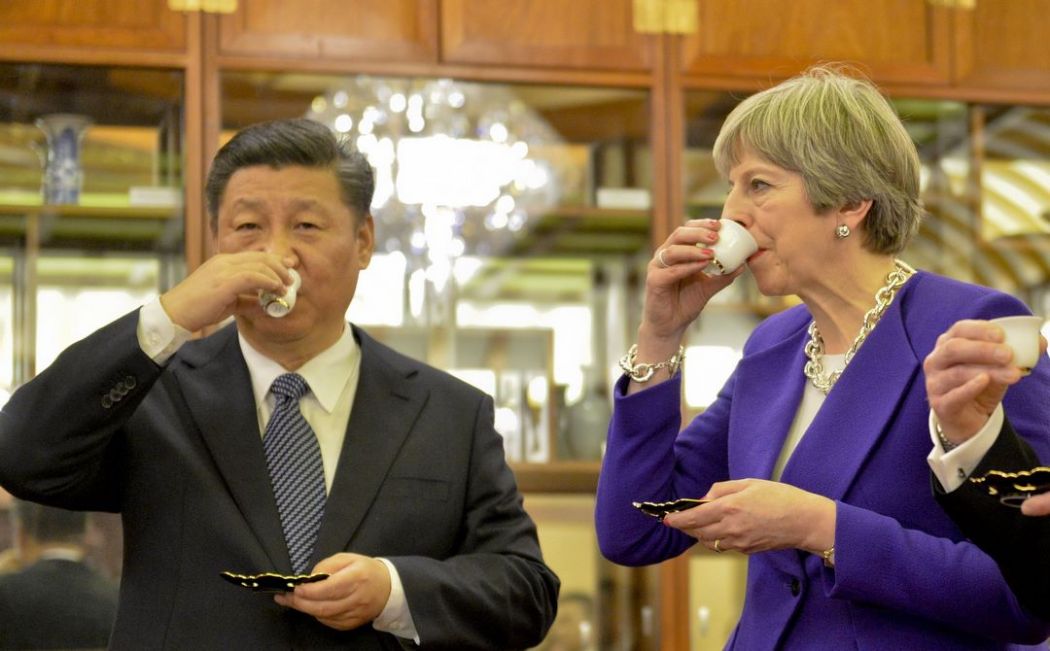
Why not call accommodating China’s human rights abuses, expansion in the South China Sea or aggression towards Taiwan what it really is: appeasement?
Appeasement is, like kowtowing, regarded as shameful. Then British Prime Minister Neville Chamberlain proclaimed “peace for our time” after receiving a guarantee from the Nazi regime, at Munich in 1938, that it would not invade Czechoslovakia, which it did the following year.
Since then the Munich analogy has often been deployed in debates to warn against appeasement of adversaries.
Chamberlain and appeasement have been cited to justify reclaiming the Falkland Islands from General Galtieri, stopping Slobodan Milosevic’s ethnic cleansing in the former Yugoslavia and the toppling of Saddam Hussein in 2003.
It has rarely been used in the context of China. There are of course exceptions, including the late Chinese dissident Lui Xiaobo, but even the harshest critics of the CCP often opt for kowtow.
On top of the desirability of using a Chinese word in the context of talking about China, appeasement also carries the association with the Nazi dictatorship. Some wish to avoid comparisons with the Third Reich.
Jeremy Goldkorn, who has recently questioned whether the network of detention centres in Xinjiang should be called concentration camps, notes a reluctance for this reason from scholars and journalists.
The crimes carried out under Nazism represent a specific evil and comparisons with them should not be thrown about lightly. However, this should not necessarily mean avoiding the use of ‘concentration camp’ if it means glossing over the horrors in Xinjiang.
This is the facility of so called re-education camp… My parents are in one of this sort of facility in Turpan city. pic.twitter.com/68eCk0ZH1p
— Halmurat Harri Uyghur (哈瑞)🇪🇺🇫🇮 (@HalmuratU) July 14, 2018
The association with events of the Second World War has not stopped appeasement being bandied about in the past, so there is no reason to avoid its use now, particularly by those who wish to see their own governments take a more assertive stance on human rights in China.
Changing our language on China
Kowtowing might be around for good and the precise words we use to describe China may stay the same. However language changes over time. Old words take on new meanings and new words appear.
Appeasement is a prime example of how the meaning of words change over time. Before Munich, appeasement was respectable. After all “appease” simply means to placate or pacify. Yet no politician since Chamberlain has been able to speak positively of an active policy of appeasement.
Perhaps, engagement will become the new appeasement, or maybe kowtowing will see widespread usage in the years to come, to describe any concession to the demands of an aggressive dictatorship.
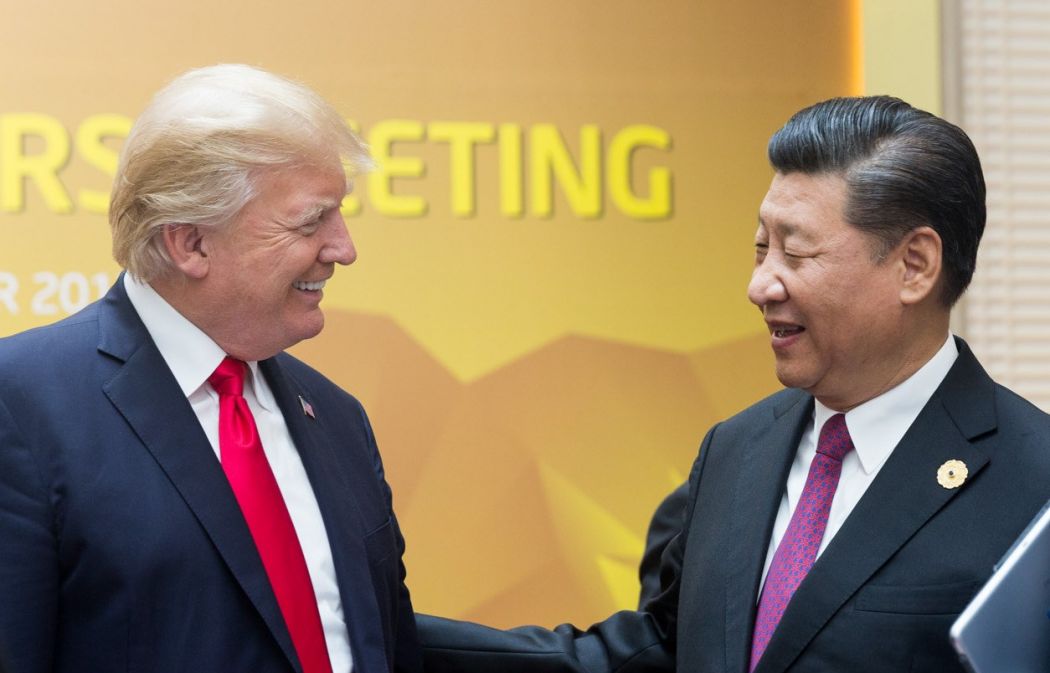
With an increasingly assertive China, more Chinese words will probably enter the vocabularies of western people and their leaders.
In 2050, the year set by President Xi Jinping for the PRC to emerge standing tall among other nations, will the rest of the world be using a Chinese word to describe market-Leninist governments? Will laogai (reform through labour) become as commonplace as the Russian term gulag? Will writers in 30 years’ time be talking about Engagement’s guilty men?
Language matters, and those who stand for liberal democratic values need to hone their vocabularies, both to repel the “cold warrior” slur and to challenge those who peddle the engagement euphemism.
